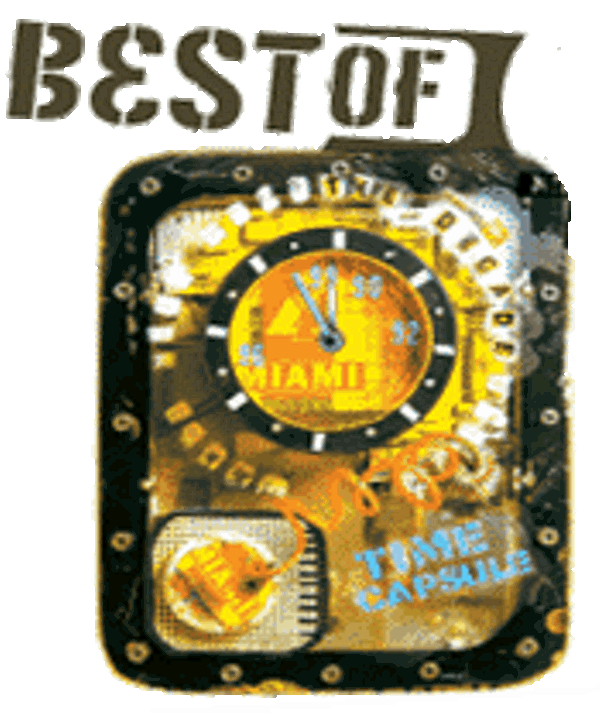If the kids haven't joined PETA yet, start with Virginia Key's old-fashioned Miami Seaquarium and its killer whales, manatees, dolphins, and sea lions. Then for a real contrast to the typical tourist trap, find your way to Jimbo's by following the road directly across from Seaquarium's parking lot. A crew of salty regulars soak up the sun with an old movie set as their backdrop. Although it's technically a bait shop, Jimbo's is famous for its smoked fish, cold beer, and crusty characters playing bocce and philosophizing.
The beaches at Virginia Key and Key Biscayne qualify as some of Miami's best, and though Virginia Key's are officially closed and provide no lifeguards, die-hards can still swim and sun there. The less daring can head for Key Biscayne's Crandon Park and Bill Baggs Cape Florida State Recreation Area. The Crandon shoreline is sublime, but don't overlook the hidden treasure: the old county zoo, now called the Gardens at Crandon Park, a serenely beautiful landscape of ponds, wildlife, and lush vegetation adjoining the southernmost parking lot.
At the island's tip is Bill Baggs, named for a former outspoken editor of the defunct Miami News. Still recovering from Hurricane Andrew, which knocked down thousands of Australian pines, the park has been replanted entirely with native species. All the amenities have been rebuilt as well, and now the airy Lighthouse Cafe offers splendid ocean views to match its outstanding seafood soup. The actual lighthouse (South Florida's oldest standing structure) survived the hurricane, was recently restored, and is open for tours every day but Tuesday and Wednesday. A beachside concession rents sea kayaks, hydro-bikes, and sailboards for those who want to get physical.
Bill Baggs closes when the sun sets -- just in time to make your way back to Bayside Seafood Restaurant. This thatched-roof, open-air hangout can be found by following the road for the old Miami Marine Stadium on Virginia Key. The simply prepared fresh seafood is reasonably priced. The fish sandwiches aren't bad either. But the mosquitoes can be. Just ask the staff for some insect spray. They're prepared.





